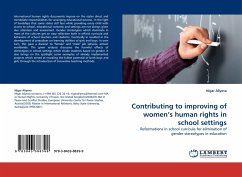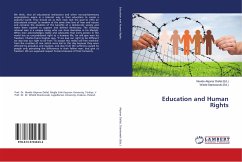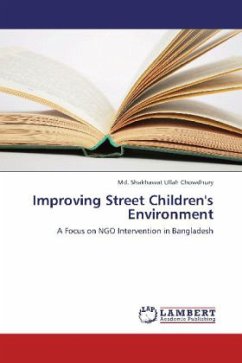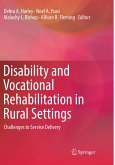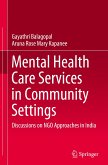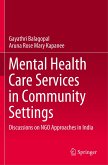International human rights documents impose on the states direct and immediate responsibilities for arranging educational process. In the light of hardships that some states still face while providing every child with access to school, educational contents and settings are not always given due attention and assessment. Gender stereotypes which dominate in most of the cultures get an easy reflection both in official curricula and behaviors of school teachers and students. Eventually in resulted in the development of prejudices on learning abilities of girls and boys. In own turn, this gave a division to "female" and "male" job spheres, almost worldwide. The given analysis discusses the harmful effects of stereotypes in school settings which divide students based on gender. It also brings on the spotlight some examples of already implemented projects which aimed at revealing the fullest potential of both boys and girls through the introduction of innovative teaching methods.
